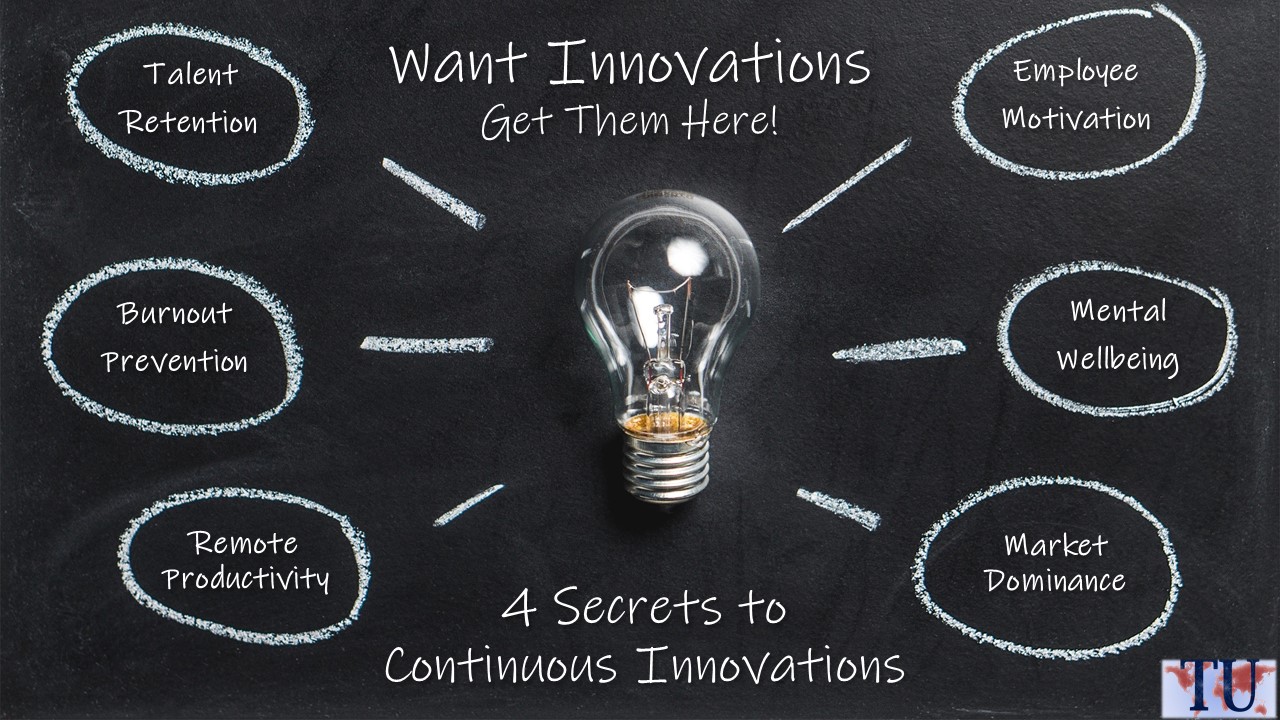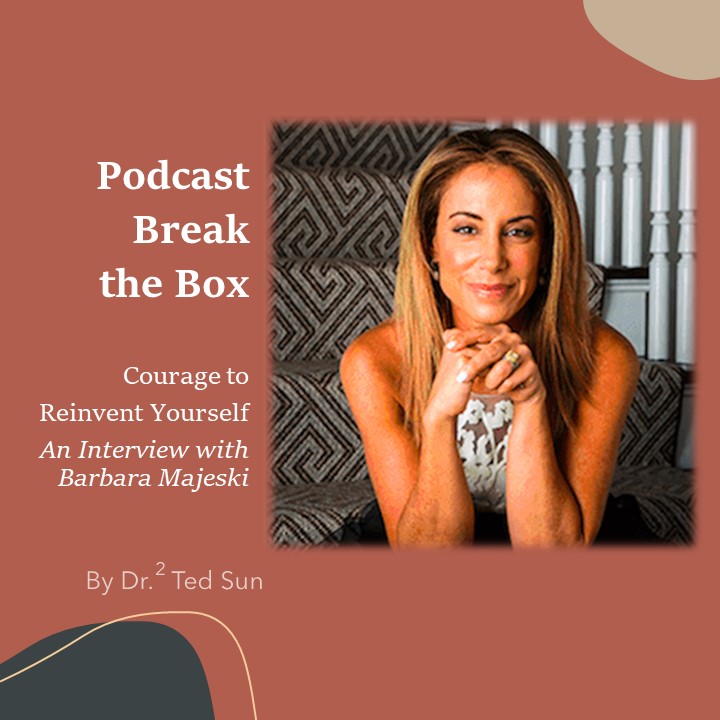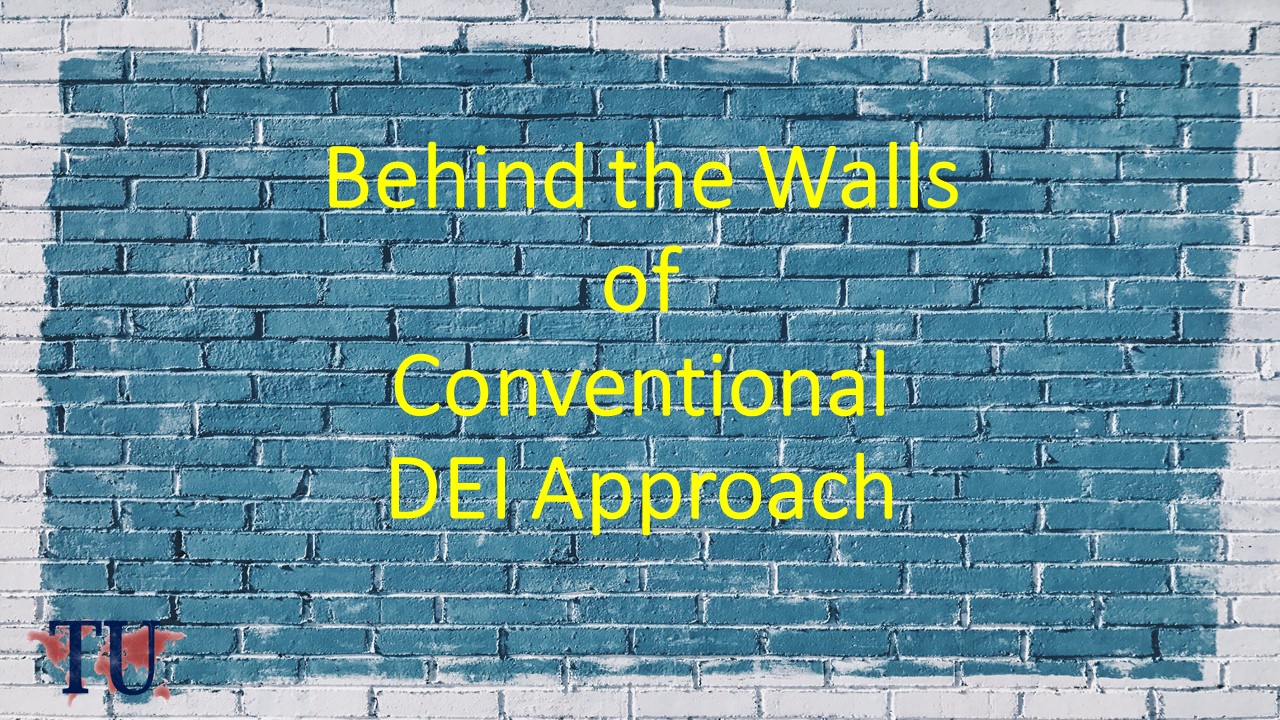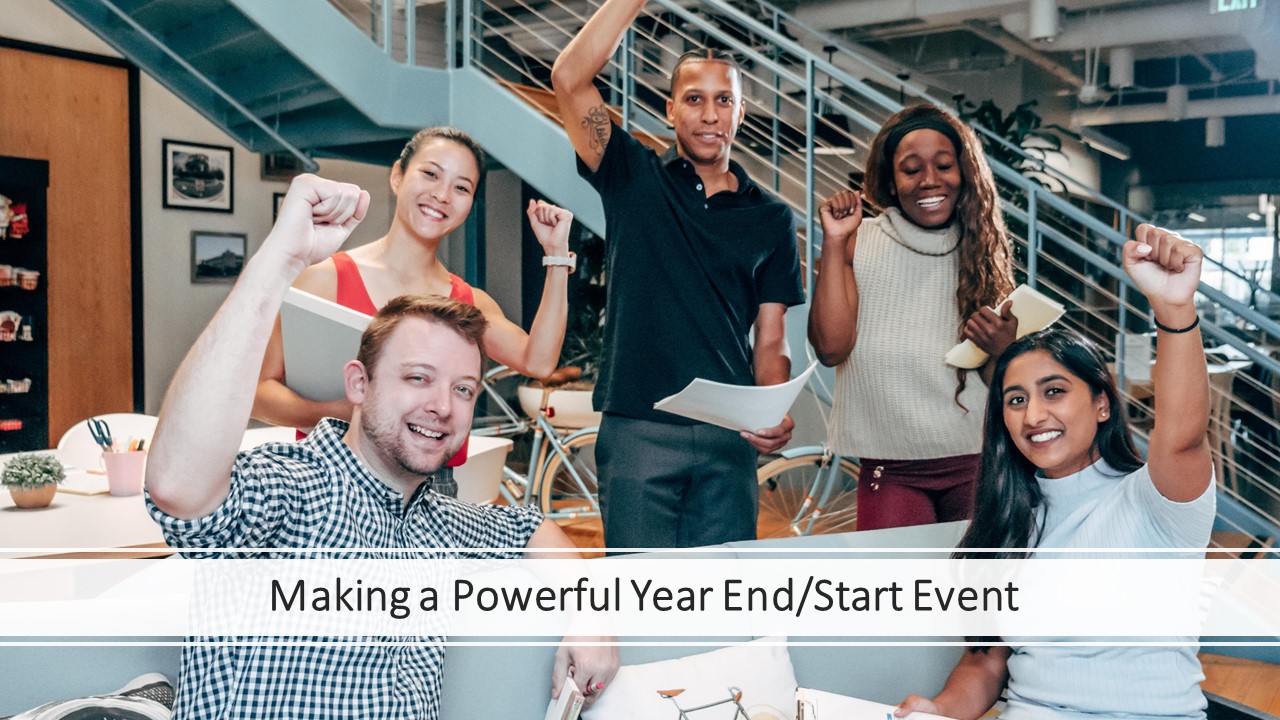
Lighthouse in a Storm
A Leaders’ Journey to Success Series
By Dr. Ted Sun & Richard Szulewski
Waking up to a beautiful sunny morning, a welcomed sight amid many cold and cloudy days of winter. The use of daylight savings time to combat the hours of winter darkness has been effective. But what about the clouds of negative emotions inside you? What may be a solution to find sunshine in a chaotic environment? Where is the light of hope that guides us through?
For many business leaders and managers, they must carry the weight of their business on their shoulders. Whether you have a small team or a corporation of thousands of employees, you have a significant influence on the wellbeing of the business and its people. Sustained success and innovation of any business is only a reflection of the leaders’ internal wellbeing. For many families, the same principle applies. Those that lead the family have enormous weight on their shoulders. The peace and success of family dynamics externally is the same reflection of what’s going on inside their mind.
Where am I in all of this?
“Sticks and stones may break my bones, but words will never hurt me.” This is a statement that many believe. Unfortunately, words hurt. Words have started wars, ended marriages, and destroyed companies. Today’s words have painted a vivid picture of a pandemic that’s impacted the mental wellbeing of every person on the planet.
The current environment is full of events that have never happened in both US and world history. As many people had hoped for a better 2021, we were hit with the storming of our capital on January 6. In an already vulnerable emotional and psychological state, most us felt a mixture of emotions ranging from anger to disbelief. As a single event, this event would have taken a toll that shakes the foundation of who we are as a nation. But adding onto the sustained toxicity of negative emotions ranging from anxiety, uncertainty, anger, and fears from 2020, it left people with many questions:
- Am I going to be alright?
- Who should I be in all of this?
- How do I succeed in this environment without surrendering my soul?
- How does my business navigate this?
Much of what’s happening starts from your perception of reality. For many, the world seems like it’s on fire and people can’t ignore it! In the larger scope of life as a species, the pandemic is an accelerant and a great teacher; the political climate and events are system changers showing us the flaws within the political system and law. While they are redefining life as we know it, those who see the numerous opportunities see hope and possibilities. Those who perceive these events as problems with significant negative emotional attachments will only be burdened with a ball and chain that greatly limits innovation.
The current reality, no matter how you perceive it, offers great insights. First, we are NOT more divided than ever. We are simply going through another cycle and calm heads always have and always will prevail. History shows that.
Second. Realize that you can and must get in front of this. Stop reacting. If you have ever been to Disney World, you know about the Tomorrowland Speedway that everyone lets their children drive because there is a rail in the middle. No matter how hard the driver tries, you are going the way the designer wants you to go but you have SOME control.
From a business perspective, imagine the reaction when your employees perceive that their voices will be heard. This requires a strategic mind with healthy perceptions. Business strategies reflect the leaders’ grounding in the mental, emotional, and spiritual aspects. When leaders are unsure of themselves, business strategies tend to change too often and are constantly reacting to others. When leaders are secure in who they are, their steady focus becomes a rock that others can trust and hold on to, especially during current times. These leaders can lead change, not just merely pivot as a result of external events.
A wise man once said, “If you walk into a room looking for a fight, even if no one is in the room, you will still find a fight.” How will that make your life better? The recent events appeal to our base instincts of fear and not our higher selves. It could be seen as a ball and chain holding us back. We all have a dark side. True strength and leadership acknowledge the dark side in all of us, analyze it, and refuse to fall slave to it. We use it and become better. We help ourselves, our family, our companies, and our countries. In fact, we at Transcontinental University, see them as an opportunity to learn and grow.
So, what’s the secret to healthy perceptions of reality and sustained profound leadership for your people?
The basis of sustained success is Being Grounded! Being grounded is the foundation that sets powerful leaders apart. It is much more than a set of behaviors, like what most literature tends to discuss. It requires a systemic understanding of multiple intelligences inside you. It requires a high level of awareness of your calling or purpose, your beliefs, and your core values. If you do not have a grounding in something greater than current events, you could be surprised where you end up.
The next time when you face a decision, regardless of its significance, feel what is under your feet. Is it a solid rock chiseled from years of developing your core beliefs, values, and thought processes? Is it based on healthy perceptions of reality? Does your toes have good enough of a grip to leap over any barriers? If you’re unsure, we can help. Contact us for an executive Assessment.
Being grounded
Knowing your purpose, where you belong, and what you stand for is all part of being grounded. In the sports world, top athletes know that being grounded is knowing how your body is interacting with the ground as you pivot to make a turn. In the business and family world, being grounded involves at least three different aspects: mental, emotional, and spiritual.
Being grounded mentally requires a solid understanding of your core values and the congruence between those values and everyday decisions. Having done workshops with executives all over the world, it never ceases to amaze me with how long many leaders take to write down their top five values. Once they write it down, having clarity of what the values mean is quite a fascinating exploration. For example, take the value of honesty. Many people across the world have this in their top values, but when asked if they can practice it, most regress to a situational perspective of honesty. This leaves them to ponder, why is honesty a core value when it’s not practiced? We are in an era where many people have sacrificed their values for temporary progress. Whether that’s progress within a political system or business, the lack of congruence to one’s own values opens the door to burnout, sleep disorders, and poor decision.
Being grounded emotionally requires higher emotional intelligence, which is often not as well developed due to the lack of formal education and development process. Although significant research supports the importance of emotional intelligence, most educational organizations merely treat it like new content that sells, rather than developing it as an intelligence. Being grounded emotionally requires one to know the different emotions within the self and how to express those emotions in a constructive way at any moment. It also requires people to know the role of emotions in decisions. Traditional management thought tries to take the emotions out of people. In reality, human beings are not designed to be rational or operate on analytical intelligence by itself. Our decisions are formed from different aspects of our intelligence, including emotional intelligence. Emotional grounding also requires people to know the emotional goals they are pursuing, not just the tangible goals that most people tend to have.
Being grounded spiritually is the final aspect. All human beings have a calling or purpose. The clarity of that calling helps people stand strong no matter what happens. This is an on-going internal dialogue for many people. C. G. Jung’s book The Undiscovered Self provides some insights to one’s calling, as well as James Hillman’s book The Soul’s Code, which provides a historical perspective of people who found their calling and the success they achieved. When exploring your calling, look in the mirror and ask: Who are you? Doing this at least 3-5 times to dig deep enough to see what excites you, what makes you jump out of bed, what makes life worth living, and what you’d want your legacy to be.
Finally, connecting these three aspects is what molds a successful leader who consistently makes wise decisions. From the physical aspect, mental grounding originates from the brain. Spiritual grounding is your gut. What connects the two is your heart, which is the emotional grounding. When these three aspects are working in synergy, you better watch out. That person is quite a powerful being who will not be deterred by any event, and will be ahead of most events, including a pandemic.
Being grounded has three aspects: mental, emotional, and spiritual. In this article, we provide some practical tactics to mental grounding. In the third part of our series, we’ll discuss the emotional and spiritual grounding in more detail.
Getting Grounded: The Practical Side
I few years back, I was facilitating a leadership development program that lasted 9 months. On day one, everyone noticed Jane Doe, a very professional female executive, walked into the room. She was very polished in how she talked and presented herself. She was in strategic planning at a major technology corporation. Jane easily stood out and was well-respected by the other participants. Six months into the program, Jane walked into the Human Resource office of this corporation and told them that she does not fit the organization nor the role that she played. She told them that her values were not aligned with what she’s doing in the organization. The HR executive didn’t know what to do. No one had done that before. They offered traditional support, which never addressed congruence. A few month later, Jane left the organization on her own terms and found her perfect role. Now she’s much happier with her life, being a successful executive, a wife, a leader in the community, and a mother. Jane took a lot of work to get through who she was supposed to be according to society norms, and even more courage to put it into action.
This is just one example of someone who got grounded to who she is. Below are the mental, emotional, and spiritual grounding tactics to explore.
Mental Grounding Tactic
Write down your top five values in order of priority. You can first challenge yourself to pull the values from your mind, then double check to make sure what you have written down are values from this web site. After you have the prioritized list, describe what these values mean. Place the list next to your computer screen so that they are easily visible daily. As you go through the day, analyze your decisions and behaviors to see if they align with your core values. You can also share them with people close to you and ask them to hold you accountable to your core values. This will help you reach higher congruence and be more mentally grounded, as well as eliminate sacrificing your values for short term progress.
Another intellectually stimulating activity with core values is to explore your social mirror. Your colleagues, friends, and family can be a great mirror to reflect how you are reflecting your core values. Ask 2-4 people what they see as your top 5 values in order of priority. See if what they state are the same as what you’ve written down. In the perfect world, your actions accurately reflect your values and what people share mirrors those priorities. If you find your social mirror does not align with your listed values, you have the opportunity to learn a lot more about who you truly are and how to achieve congruence. You can also gain some insights to why you may have past conflicts with these people as well.
From an organizational perspective, many organizations have stated values such as respect. Yet, their policies and procedures remain stuck in rigid hierarchy. You can conduct the same exercise to ask people for the organization’s values and see if they can recall it. In most cases, it offers a tremendous opportunity to align values like respect with policies and practices. A knowledge dimension can co-exist with the function-based hierarchical structure. That is how we will not only survive, but flourish. Call out ignorance on all sides and tell your employees, your staff, and yourself that you are standing up for what is right.
When we look at what has happened within our society, whether it’s the “ordinary” men who committed atrocities from WWII, or the numerous Harvard MBAs who worked for Enron and stayed silent, or the average American getting caught up in an attack on the capital, many people fall to the notion that “it was expected of us”. At some point, you have to say enough is enough! Stop blindly following expectations of the group and bring life into who YOU are. Let us help you achieve that sense of a conscious and empowered self.
Emotional Grounding Tactic
Goals setting is a common practice in most organizations. Most goals are set in the logical dimension of work, like completing a task or meeting a deadline. It creates a mental state that is always pursing something. When we reach that goal, we start the process all over again, resetting our mental state back to the pursuit. Why are we always chasing goals? Imagine yourself when you’ve achieved the goal. How do you feel? What is really the goal in most cases? Consider setting goals of emotions and learn to feel those emotions on a regular basis. When we look at the foundation of our nation, the pursuit of happiness is written in the Declaration of Independence. Why don’t we have emotional goals in all organizations? Set emotional goals for yourself such as happiness, confusion (a state of learning), fear (a chance to find courage), compassion, and love.
Spiritual Grounding Tactic
Determining your calling takes significant focus and patience. The new Disney movie Soul paints a great picture where people get into their “zone”. A vision collage is a simple activity that every person can create. Start with gathering a mixture of magazines with lots of pictures. Create a focus – My reality in 2030. Take 20-30 minutes to flip through the magazines and cut out any pictures that call out to you. Do it as quickly as possible and don’t let your brain get into reasoning for any pictures. Simply cut out the picture. After you have a bunch of pictures, organize them on a large poster board with glue or tape. This will become your future vision collage of who you will be in 2030. This vision collage is one view of your calling. I have done this with many executives. The scariest part is when a past client contacts me and tells me how their life unfolded to be exactly as they had cut out. One executive found the love of his life, and they rode into the sunset on the exact same Harley as what he had cut out five years ago. While we can get into the quantum physics of this at another time, the vision collage helps you clarify who you are using a visual tool.
The above are just a few practice tactics for grounding yourself to be a powerful leader. This process will take time, effort, and mentoring from wise people.
For now, say this perspective to yourself: I’ll be okay; I’m in the perfect place where I get to make some changes and grow tremendously through getting myself grounded. Imagine hearing the voice of your soul that elevates you above all the challenging events of our current time.
We all see ourselves as better than who we actually are. It is time we think and act like it!
Let’s explore some strategies to help you get grounded so that, no matter what happens in the world, you will be an innovator and lead change. Act now. The world needs your voice, your ideas, you’re your leadership.
















